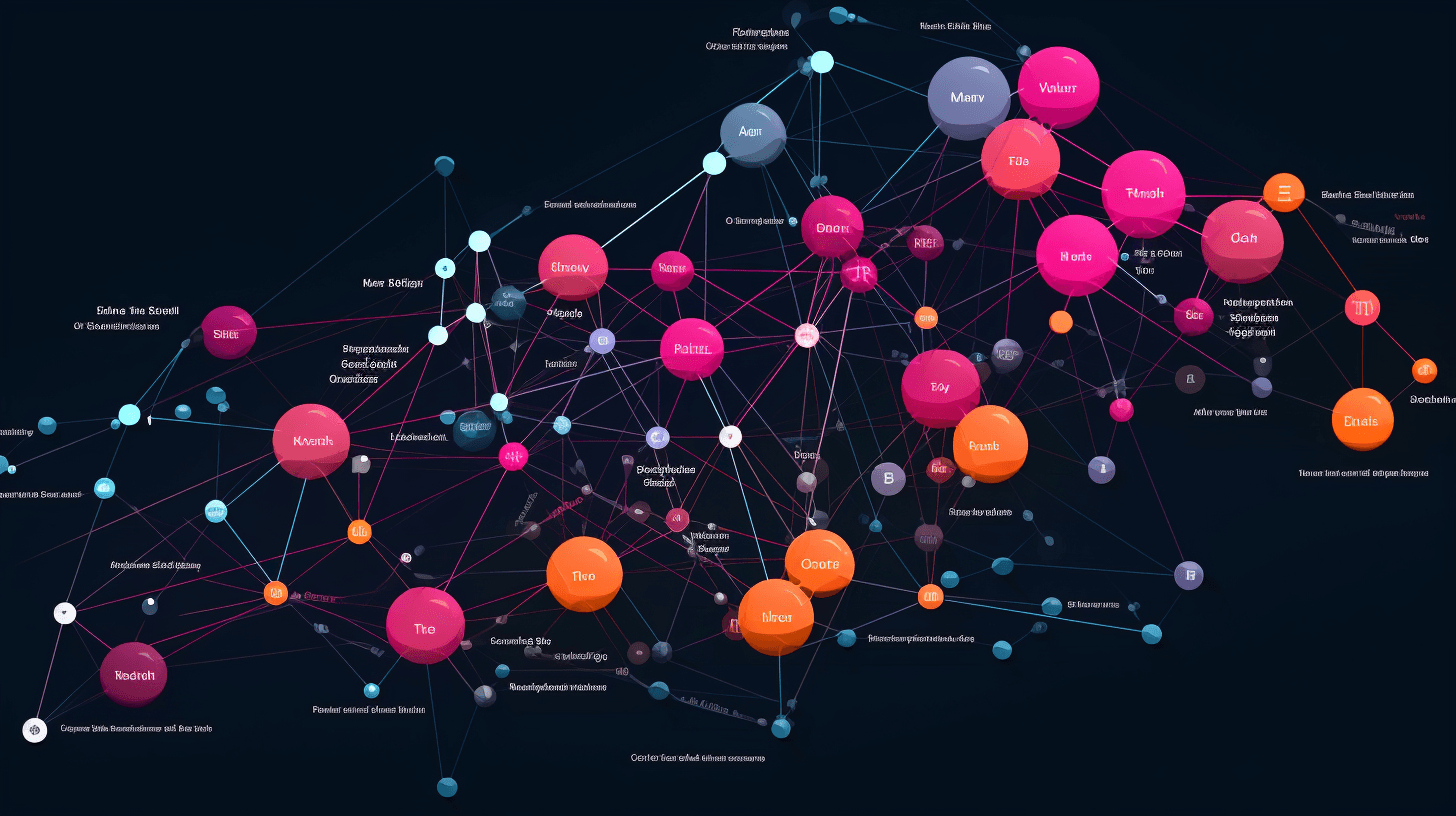- Published on
Layoffs, Lessons, and GraphQL: How Tech's Loss is Leading to GraphQL's Gain
- Authors

- Name
- Andrew Blase
Introduction

Layoffs are never easy. As someone who has been personally affected by the recent wave of mass layoffs in the tech industry, I know the struggle all too well. The market has become a challenging place for software engineers like myself, and finding a new position has been a journey filled with ups and downs.
But every cloud has a silver lining. My journey led me to expand into writing articles, exploring Developer Relations, and even considering Product Marketing positions. It also rekindled my passion for a technology I've been working with since 2018: GraphQL.
Mass Layoffs in the Tech Industry

The numbers are staggering. Companies like Facebook and Twitter have laid off thousands of employees, and the tech industry has been hit hard. According to layoffs.fyi, 943 tech companies have laid off 226,117 employees, about 20% are software engineers. Meta laid off 21,000, over 20%, of their employees, this is both shocking and heartbreaking.
I've felt the impact personally. The struggle to land a new position as a software engineer has been real, and I know I'm not alone. But amidst this tragedy, there's an interesting trend that will lead to technologies the tech gaints use being adopted by smaller companies.
Introduction to GraphQL

GraphQL is a technology I started working with in 2018 at LexisNexis. It's more than just a query language; it's a way to connect multiple databases and create a worldwide super graph. Imagine a global network where data flows seamlessly, democratizing information and opening new possibilities. You can learn more about this fascinating concept in this global graph article.
Facebook invented GraphQL in 2012, and since then, it's been adopted by tech giants like GitHub and Netflix. Many of these companies have faced layoffs, but the knowledge and passion for GraphQL will remain with these software engineers as they transition jobs.
The Spread of GraphQL Knowledge
The layoffs have led to a redistribution of talent, and with it, the spread of GraphQL knowledge. Engineers who have worked with this technology are finding new opportunities, and companies are recognizing the potential of GraphQL.
The vision of a global super graph is getting closer to becoming a reality, and the tech industry is embracing this innovative technology just by hiring these engineers.
Lessons from History – The Dot-com Bubble
History has a way of teaching us valuable lessons. The Dot-com bubble of the early 2000s was a painful period, but it led to the adoption of new technologies such as cloud computing, web TV, the mobile web and social networks. You can explore more about this era on The Guardian.
The parallels with today's situation are striking. The tragedy of layoffs is giving way to innovation and growth, just as it did two decades ago. We must learn from the past and embrace the opportunities that lie ahead.
The Future of GraphQL and the Tech Industry

The future of GraphQL is bright, and its continued growth promises to shape the tech industry in exciting ways. For those affected by layoffs, like myself, there's hope in new opportunities and the potential for collaboration and innovation.
If you want to stay ahead of the curve and gain insights into the ever-changing tech landscape, sign up for my newsletter. Together, we can navigate these challenging times and emerge stronger.
Conclusion
The resilience of the tech industry is inspiring. From personal struggles to global challenges, we've seen how tragedy can lead to positive transformation. This will be a catalyst to spread new technology throw the whole sector as the market readjusts.
Additional Resources
Glossary
For those new to some of the terms used in this article, here's a quick glossary:
- GraphQL: A query language for APIs, allowing clients to request exactly the data they need.
- Global Super Graph: A vision of connecting multiple APIs to the same graph, facilitating data democratization.
- Dot-com Bubble: A period of excessive speculation in the late 1990s and early 2000s that led to a market crash in the tech sector.
Share Your Thoughts
I'd love to hear your thoughts on this topic. Have you been affected by layoffs? Do you see the potential in GraphQL? Share your insights in the comments section below, and let's engage in a meaningful conversation.
Author's Note: This article is a reflection of my personal journey and the broader trends in the tech industry. It's a story of hope, innovation, and the power of community. Thank you for reading, and please feel free to reach out with any questions or feedback.